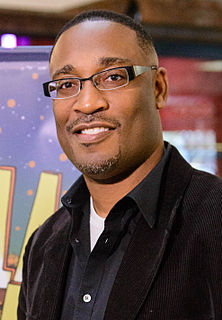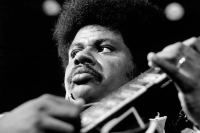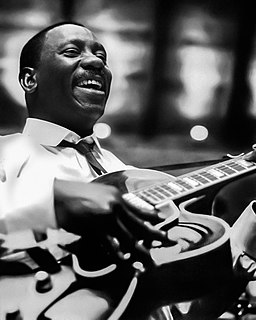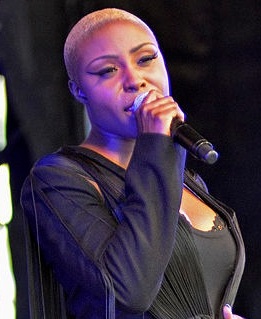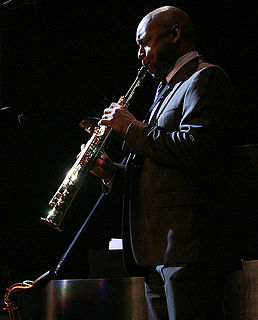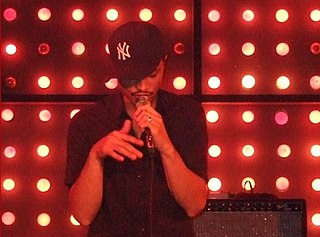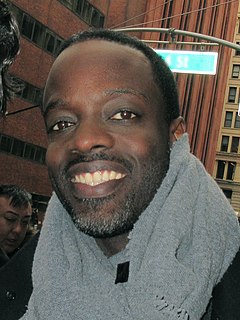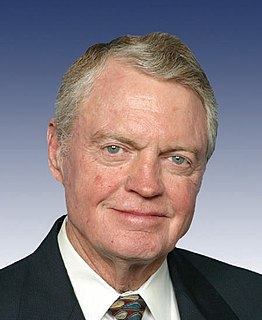A Quote by Herbie Hancock
I got a chance to work with Miles Davis, and that changed everything for me, 'cause Miles really encouraged all his musicians to reach beyond what they know, go into unknown territory and explore. It's made a difference to me and the decisions that I've made over the years about how to approach a project in this music.
Related Quotes
I believe in knowing all you can about the music and the people who made the music. I think it's much more important to know some good Miles Davis stories than to know how to play like Miles. I think you'll play better if you know some of the funny things he did than if you know the licks that he played.
You know, John Coltrane has been sort of a god to me. Seems like, in a way, he didn't get the inspiration out of other musicians. He had it. When you hear a cat do a thing like that, you got to go along with him. I think I heard Coltrane before I really got close to Miles [Davis]. Miles had a tricky way of playing his horn that I didn't understand as much as I did Coltrane. I really didn't understand what Coltrane was doing, but it was so exciting the thing that he was doing.
For me, a wake-up playlist completely depends on what mood I'm in. If I need to get into action pretty quick, it will be between Beyonce and Miles Davis. I'm a massive Beyonce fan, and all of her anthems will do it for me. And Miles Davis, because I grew up hearing his music because my dad played it a lot, so that will always be special to me.
I revisited some music that I had written for Miles Devis. I used to work with Miles in the '80s. We did an album - "Tutu," that was really successful for Miles, and a couple of years ago we did "Tutu Revisited," and this is where we played the music from "Tutu." But I knew Miles would absolutely hate it if we just got on the stage and played the music the same way we did it in the '80s.
The next film I have is called Miles Ahead, which is about Miles Davis, during a five-year period in his life during which he's struggling to figure out which direction to go musically and in his life. I play a record executive who's there to try to get Miles to collaborate with one of my clients. I'm excited to see that.
Miles Davis had been in retirement for five or six years and he was coming out of retirement and he was looking for young guys. Somebody gave him my name and he called me and said, "Can you show up at Columbia Studios in two hours?" I'm like, "Whoa, is this the real Miles Davis?" He's like, "Yeah." So I showed up and yeah, it was intimidating, but music is so important to me that the intimidation was all before the notes started.


